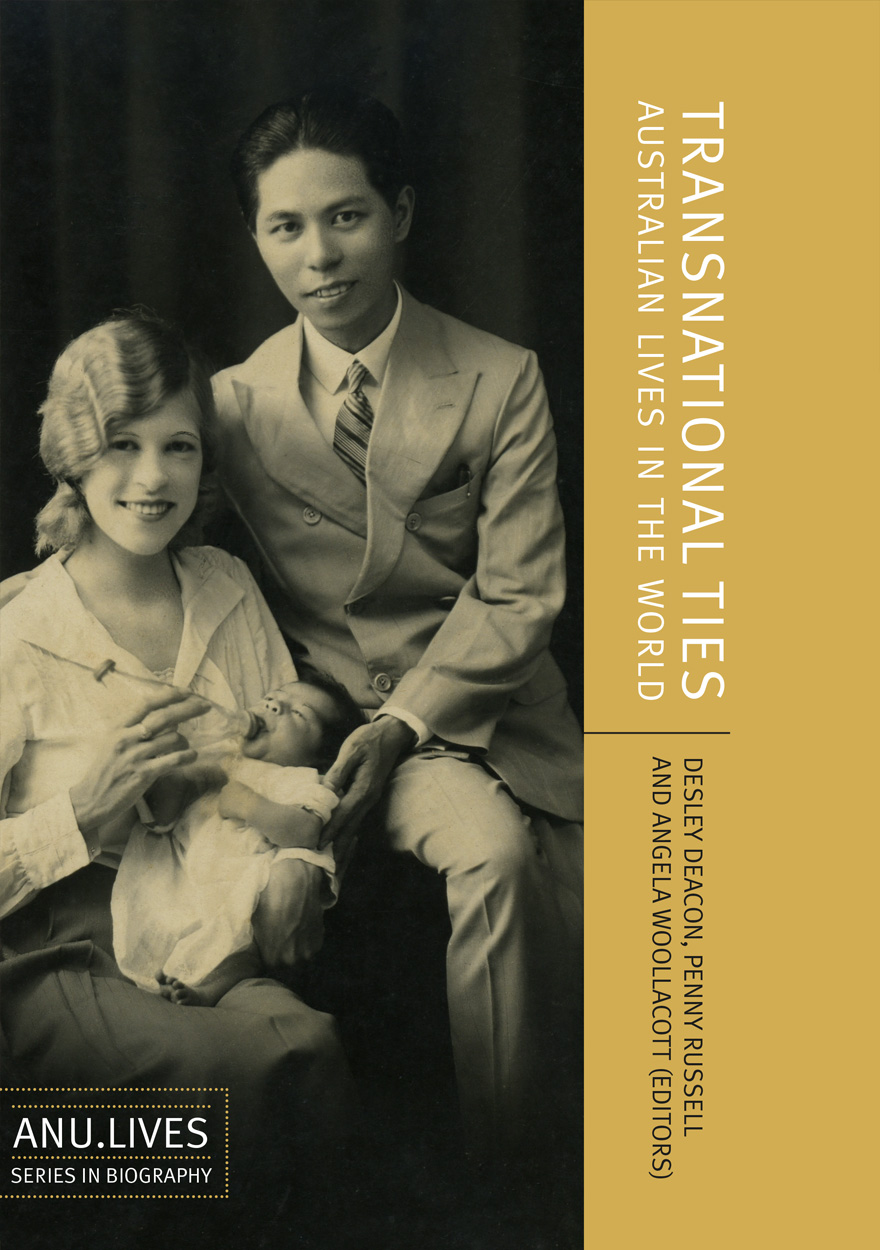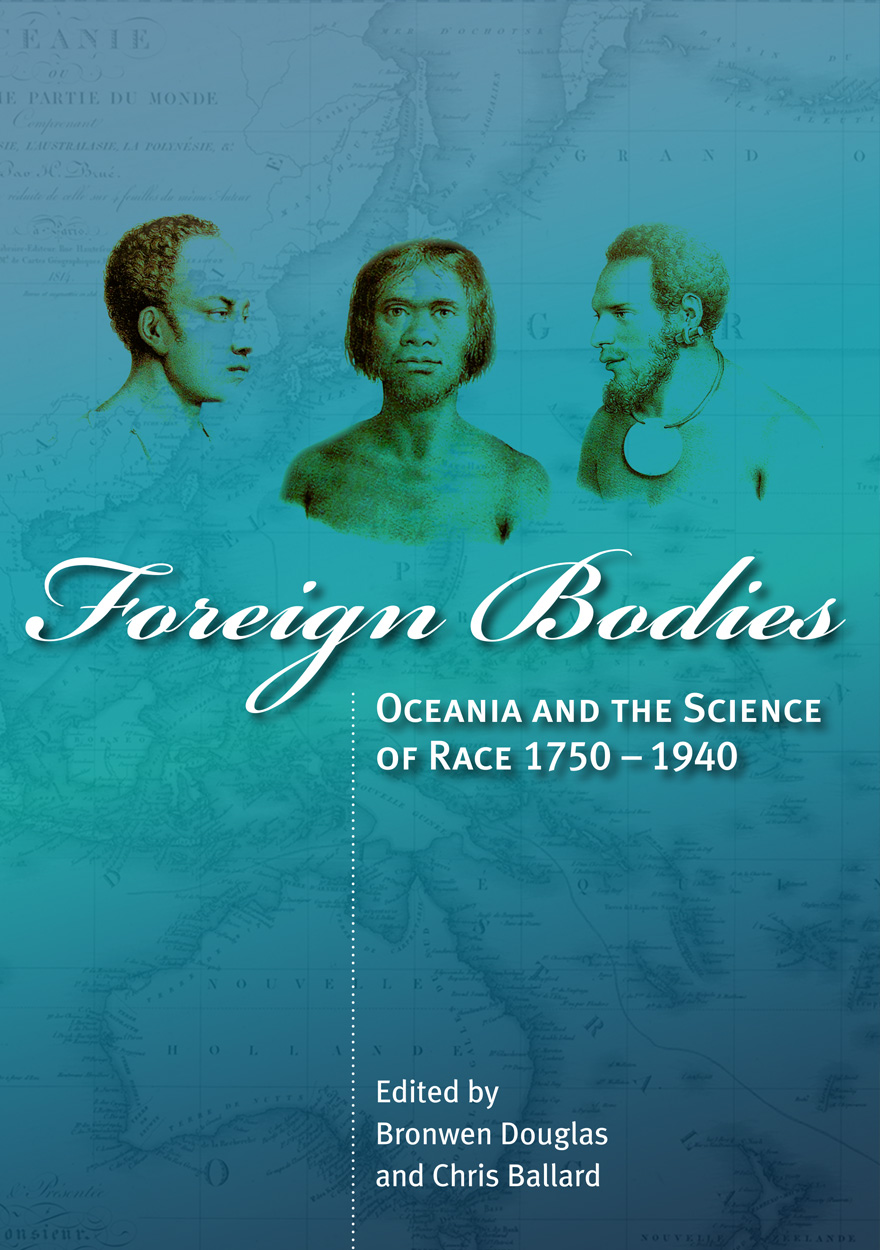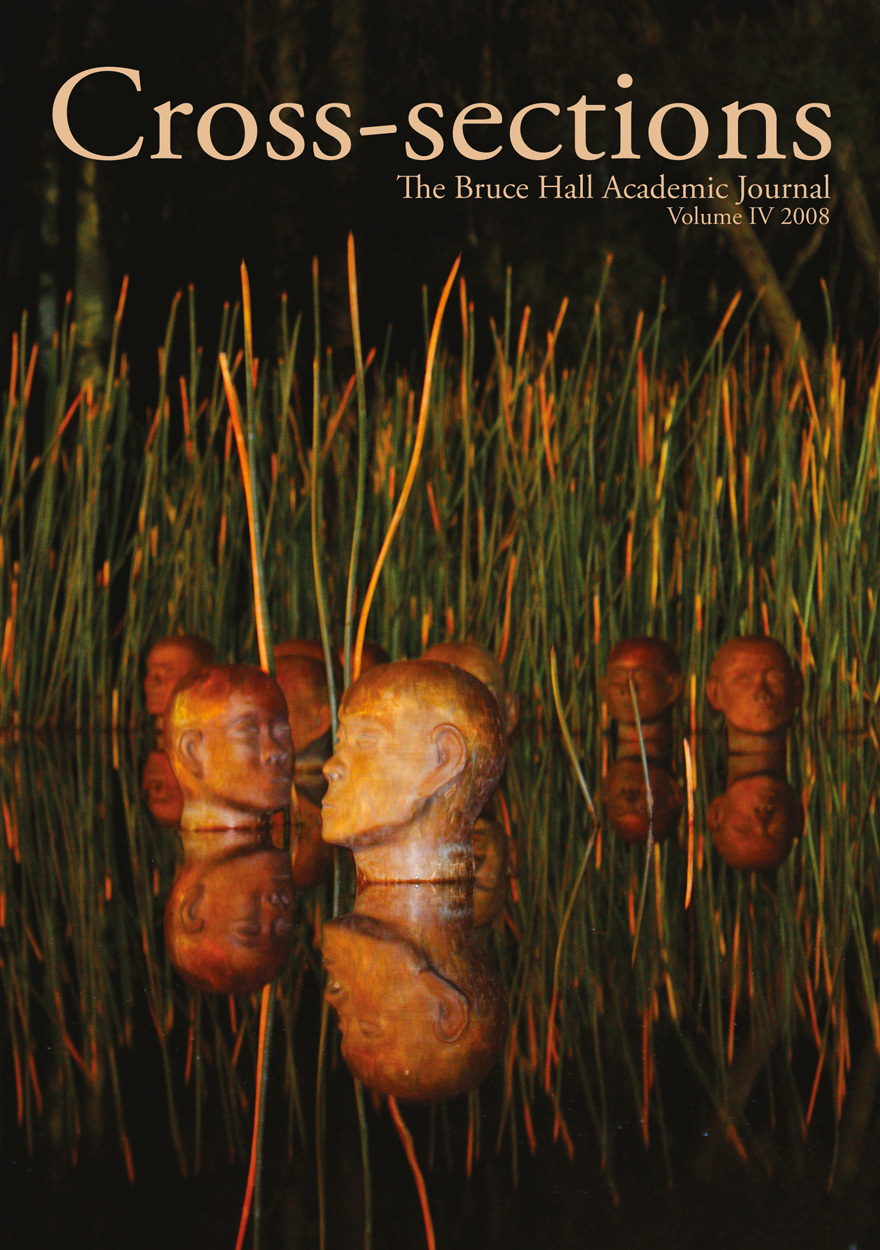Search titles
Displaying results 931 to 940 of 1156.

Transnational Ties »
Australian Lives in the World
Edited by: Desley Deacon, Penny Russell, Angela Woollacott
Publication date: December 2008
Australian lives are intricately enmeshed with the world, bound by ties of allegiance and affinity, intellect and imagination. In Transnational Ties: Australian Lives in the World, an eclectic mix of scholars—historians, literary critics, and museologists—trace the flow of people that helped shape Australia’s distinctive character and the flow of ideas that connected Australians to a global community of thought. It shows how biography, and the study of life stories, can contribute greatly to our understanding of such patterns of connection and explores how transnationalism can test biography’s limits as an intellectual, professional and commercial practice.

Islamising Indonesia »
The Rise of Jemaah Tarbiyah and the Prosperous Justice Party (PKS)
Authored by: Yon Machmudi
Publication date: November 2008
The Prosperous Justice Party (PKS) is the most interesting phenomenon in contemporary Indonesian politics. Not only is it growing rapidly in membership and electoral support, it is also bringing a new and markedly different approach to Islamic politics, one which has no precedent in Indonesian history.
Understanding PKS and analysing its political behaviour presents challenges to scholars and observers. This is partly due to the fact that the party represents a new trend within Indonesian Islam which has few parallels with preceding movements.
Yon Machmudi has rendered us a valuable service. In this book, he provides a thoughtful and authoritative context for viewing PKS. He critiques the existing categorisations for Indonesian Islam and points to their inadequacy when describing the PKS and the campus-based Tarbiyah movement from which it sprang. He reworks the santri typology, dividing it into convergent, radical and global substreams. This offers new possibilities for explaining the PKS phenomenon and assists in differentiating between various types of Islamic revivalism in contemporary Indonesia. It also allows a more understanding of the accommodatory stance which PKS has towards the state and other political forces.
Yon’s text provides a good overview of the development of PKS from its Tarbiyah movement origins to its impressive success at the 2004 general elections. It considers the party’s attitude towards the issues of sharia implementation and community welfare and closes by examining the future challenges facing PKS.
It is a well written and authoritative account from a scholar who has done wideranging research on the party.

Public Leadership »
Perspectives and practices
Edited by: Paul `t Hart, John Uhr
Publication date: November 2008
‘Leadership’ is routinely admired, vilified, ridiculed, invoked, trivialised, explained and speculated about in the media and in everyday conversation. Despite all this talk, there is surprisingly little consensus about how to answer basic questions about the nature, place, role and impact of leadership in contemporary society. This book brings together academics from a broad array of social science disciplines who are interested in contemporary understandings of leadership in the public domain. Their work on political, administrative and civil society leadership represents a stock-take of what we need to know and offers original examples of what we do know about public leadership. Although this volume connects scholars living in, and mostly working on, public leadership in Australia and New Zealand, their contributions have a much broader scope and relevance.

Remaining Karen »
A Study of Cultural Reproduction and the Maintenance of Identity
Authored by: Ananda Rajah
Publication date: November 2008
This publication of Remaining Karen is intended as a tribute to Ananda Rajah and his consummate skills as an ethnographer. It is also a tribute to his long-term engagement in the study of the Karen. Remaining Karen was Ananda Rajah’s first focused study of the Sgaw Karen of Palokhi in northern Thailand, which he submitted in 1986 for this PhD in the Department of Anthropology in the Research School of Pacific and Asian Studies at The Australian National University. It is a work of superlative ethnography set in an historical and regional context and as such retains its value to the present.

Australian Humanities Review: Issue 45, 2008 »
Edited by: Monique Rooney, Russell Smith
Publication date: November 2008
Australian Humanities Review is a peer-reviewed interdisciplinary journal featuring articles, essays and reviews focusing on a wide array of topics related to literature, culture, history and politics.
Download for free
Not available for purchase

Foreign Bodies »
Oceania and the Science of Race 1750–1940
Edited by: Bronwen Douglas, Chris Ballard
Publication date: October 2008
From the 18th century, Oceania became the principal laboratory of raciology for scholars, voyagers, and colonisers alike. By juxtaposing encounters and theory, this magisterial book explores the semantics of human difference in all its emotional, intellectual, religious, and practical dimensions. The argument developed is subtle, engrossing, and gives the paradigm of ‘race’ its full use value. Foreign Bodies is a model of analysis and erudition from which historians of science and everyone interested in intercultural relations will greatly profit.
— Claude Blanckaert, CNRS (Centre Alexandre Koyré), Paris, and Honorary President, French Society for the History of the Science of Man

Struggling for Self Reliance »
Four case studies of Australian Regional Force Projection in the late 1980s and the 1990s
Authored by: Bob Breen
Publication date: October 2008
Military force projection is the self-reliant capacity to strike from mainland ports, bases and airfields to protect Australia’s sovereignty as well as more distant national interests.
Force projection is not just a flex of military muscle in times of emergency or the act of dispatching forces. It is a cycle of force preparation, command, deployment, protection, employment, sustainment, rotation, redeployment and reconstitution. If the Australian Defence Force consistently gets this cycle wrong, then there is something wrong with Australia’s defence.
This monograph is a force projection audit of four Australian regional force projections in the late 1980s and the 1990s—valid measures of competence. It concludes that Australia is running out of luck and time.
The Rudd Government has commissioned a new Defence White paper. This monograph is Exhibit A for change.

Cross-sections, The Bruce Hall Academic Journal: Volume IV, 2008 »
Publication date: 2008
Representing the combined energies of a large group of authors, editors, artists and researchers associated with Bruce Hall at the ANU, Cross-sections collects a range of works (from academic articles and essays to photography, digital art and installation artwork) that represents the disciplinary breadth and artistic vitality of the ANU.
Presenting a challenging and absorbing way for students to hone vital research skills, in the process, Cross-sections nurtures a fruitful environment of collaborative interaction between academics and students.
Download for free
Not available for purchase

Contested Governance »
Culture, power and institutions in Indigenous Australia
Edited by: Janet Hunt, Diane Smith, Stephanie Garling, Will Sanders
Publication date: October 2008
It is gradually being recognised by both Indigenous and non-Indigenous Australians that getting contemporary Indigenous governance right is fundamental to improving Indigenous well-being and generating sustained socioeconomic development. This collection of papers examines the dilemmas and challenges involved in the Indigenous struggle for the development and recognition of systems of governance that they recognise as both legitimate and effective. The authors highlight the nature of the contestation and negotiation between Australian governments, their agents, and Indigenous groups over the appropriateness of different governance processes, values and practices, and over the application of related policy, institutional and funding frameworks within Indigenous affairs.
The long-term, comparative study reported in this monograph has been national in coverage, and community and regional in focus. It has pulled together a multidisciplinary team to work with partner communities and organisations to investigate Indigenous governance arrangements–the processes, structures, scales, institutions, leadership, powers, capacities, and cultural foundations–across rural, remote and urban settings.
This ethnographic case study research demonstrates that Indigenous and non-Indigenous governance systems are intercultural in respect to issues of power, authority, institutions and relationships. It documents the intended and unintended consequences–beneficial and negative–arising for both Indigenous and non-Indigenous Australians from the realities of contested governance. The findings suggest that the facilitation of effective, legitimate governance should be a policy, funding and institutional imperative for all Australian governments.
This research was conducted under an Australian Research Council Linkage Project, with Reconciliation Australia as Industry Partner.

Calvin for the Third Millennium »
Authored by: Hans Mol
Publication date: September 2008
This work is a series of sermons produced by Emeritus Professor Hans Mol, and based on Biblical texts, the Commentaries of John Calvin on these texts, and on Calvin’s Institutes of the Christian Religion. Mol is Australia’s pre-eminent scholar in the sociology of religion, particularly in Australia. His 1971 volume, Religion in Australia, was the first attempt at statistical analysis of religion in Australia, which was also internationally significant. Parallel to Mol’s interest in the sociology of religion has been his interest in Calvin. Indeed the theological basis of his life has been as a Calvinist. Here in this volume he brings both of these interests together. His sermons, preached over the years in Canberra, seek to apply the teachings of Calvin to a world-view in which the scientific study of religion, and indeed the wider study of sociology, are of central significance. In these sermons, he succeeds considerably in this.
The volume is a substantial contribution to scholarship, in that the combination of these two factors has only rarely been attempted. Thus, the volume has originality and will have enduring value. It is especially appropriate that it should be published at this time, in preparation for the 500th Anniversary of Calvin’s birth (1509–2009).



